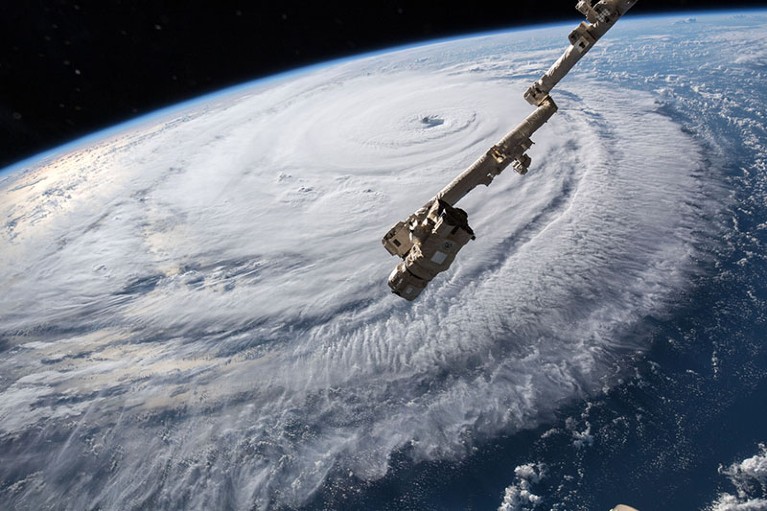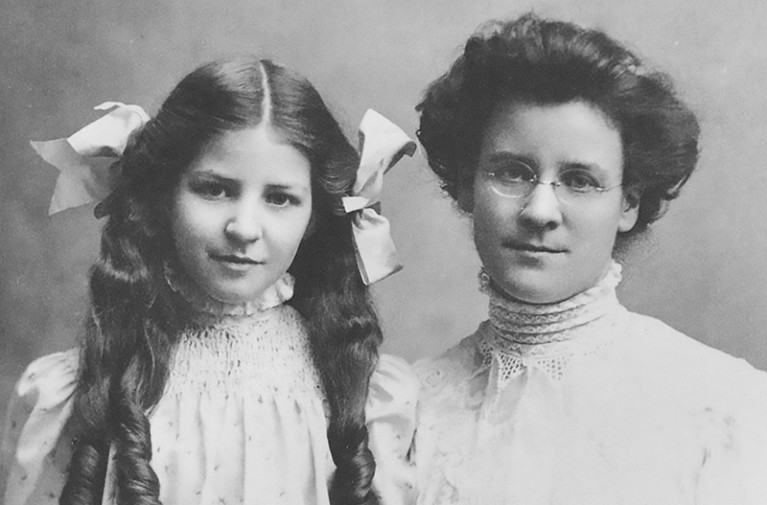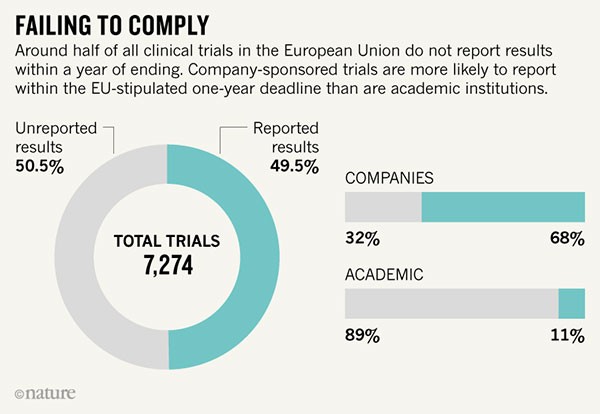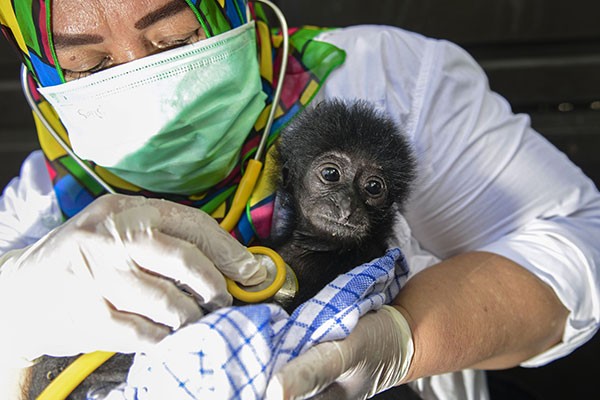Hello Nature readers, welcome to your weekly roundup of science news, images, features and culture.

Hurricane Florence in the Atlantic Ocean, as seen from the International Space Station on 12 September.Credit: NASA
NEWS
Why Hurricane Florence is a new kind of threat
Hurricane Florence, a powerful storm currently bearing down on the United States’s southeastern seaboard, formed at an unusually high latitude and is much more erratic and slower than most. Civil engineer Rick Luettich at the University of North Carolina’s Coastal Resilience Center tells Nature how he is predicting Florence’s impact — and why it might well represent a new kind of threat.
Nature | 6 min read
France admits murder of Algerian mathematician
French President Emmanuel Macron has officially recognized that the French army tortured and killed Maurice Audin, a mathematician and communist-party member who disappeared in 1957 during the Algerian war of independence. His statement also acknowledged — for the first time — that that the French army systematically used torture as “a legally instituted system” during the war. “This is a historic moment in a highly sensitive case,” says Cédric Villani, mathematician and member of the French parliament, who has campaigned for six years for the state to acknowledge responsibility for Audin’s death.
Nature | 3 min read
R&D funding has recovered since 2008 crash
Ten years after the 2008 economic crash, research and development (R&D) has recovered and climbed, reveal data from the 36 countries of the Organisation for Economic Co-operation and Development. Disparities exist between countries, however. Some are still reeling from the economic crash, and even those that have recovered are experiencing shifts in how research is funded.
Nature | 6 min read
Cannibals and cursing win Ig Nobel Prizes
This year’s winners of the Ig Nobel prizes include archaeologist James Cole, for calculating the caloric intake from a human-cannibalism diet, and a group that analysed swearing while driving. The awards for research “that first make people laugh, and then make them think” are presented in a free-wheeling ceremony that includes several bona fide Nobel laureates and an eight-year-old timekeeper who interrupts long-winded speakers by repeating, "Please stop. I'm bored."
Ars Technica | 10 min read
Reference: Scientific Reports paper & Journal of Sociology and Anthropology paper
FEATURES & OPINION
Celebrate the mathematics of Emmy Noether
Algebra pioneer Emmy Noether deserves wider recognition on the centenary of her namesake theorem, argues a Nature editorial. As well as answering a conundrum in general relativity, her namesake theorem became a guiding principle for the discovery of new physical laws. The fact that she changed the scientific world against the backdrop of intense sexist and anti-semitic discrimination makes her achievement all the more impressive.
Nature | 5 min read
A US island faces the end of the world
In 2015, a study warned that Tangier Island in Chesapeake Bay is so at risk from sea-level rise driven by climate change, it might have to “be abandoned in as few as 25 years”. Last June, US President Donald Trump telephoned the island’s mayor to disagree, saying, “Tangier has been here for hundreds of years, and it would be here for hundreds more”. Buffeted by a political storm, many of Tangier’s residents are willing to go down with their homes.
Pacific Standard | 23 min read
Reference: Scientific Reports paper
BOOKS & ARTS

Isabel Briggs Myers (left) and her mother, Katharine Cook Briggs (right).Credit: Myers & Briggs Foundation
The self-made women who made the Myers–Briggs
Isabel Briggs Myers and Katharine Cook Briggs wove an interest in psychoanalyst Carl Jung and some unusual child-rearing techniques into a scientifically dubious personality quiz that went global: the Myers-Briggs Type Indicator (MBTI). A new book about the mother–daughter team skips over the psychology of personality, but delves into two fascinating lives, says psychologist S. Alexander Haslam.
Nature | 6 min read
Helmholtz, the last polymath
Hermann von Helmholtz, the nineteenth century physician, inventor, experimentalist, physicist and philosopher, also happened to be a skilled networker and salesperson of all things scientific. A monumental new biography successfully grapples with “a legacy so rich it is difficult to grasp,” writes reviewer Henning Schmidgen.
Nature | 5 min read
The long entanglement of war and astrophysics
A new book from astrophysicist Neil deGrasse Tyson and writer-researcher Avis Lang reveals how looking at the stars has always been both ‘pure’ science and an adjunct of war-making. It traces an epic sweep of history with brutal honesty, says reviewer Sharon Weinberger, but surprisingly omits the voices of current scientists who work with the military.
Nature | 6 min read
INFOGRAPHIC OF THE WEEK

SCIENTIFIC LIFE
How to talk to your principal investigator
Two PhD students describe their recipe for successful meetings with principal investigators: ask about all aspects of their job; prepare an agenda for each meeting; and negotiate new experiments without explicitly saying ‘no’.
Nature | 4 min read
How to get a funded internship in industry
The US National Science Foundation (NSF) is expanding its internship programme for graduate student supported by NSF grants. At a time when available US industry positions far outnumber job openings in academia, the internships can give students real-world training for their future.
Nature | 4 min read
Turn off digital distractions to get more done
Immunologist John Tregoning shares evidence-based life hacks to combat the distractions that are nibbling away at our ability to think big thoughts. Here’s how to tame your email, procrastinate smarter and learn to be productively bored.
Nature | 6 min read
IMAGE OF THE WEEK

A veterinarian tends to a rescued baby black gibbon (Symphalangus syndactylus) at a local nature conservation agency's office in Banda Aceh, Aceh province on 13 September 2018. Siamangs are listed as 'endangered' in the International Union for Conservation of Nature (IUCN) Red List. (Chaideer Mahyuddin/AFP/Getty)
See more of the best science images of the month selected by Nature’s photo team.
